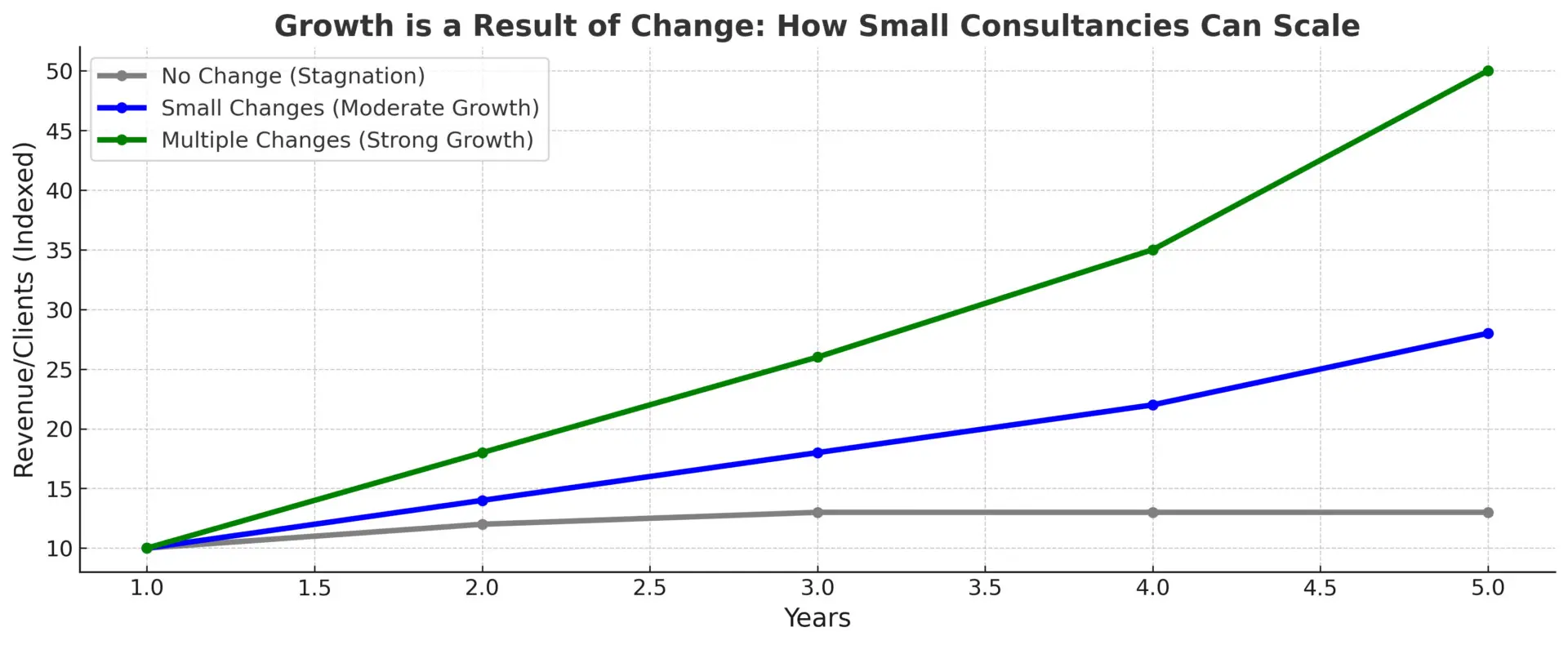
As a director of a real estate agency, you know that success is built on more than intuition and experience. In today’s rapidly shifting market, it’s not just about knowing your business but truly understanding the forces shaping the landscape in which you operate. Without a deep understanding of the market and your competition, effective management becomes nearly impossible. Sun Tzu’s timeless insight—*”If you know the enemy and know yourself, you need not fear the result of a hundred battles”*—rings especially true in real estate. To lead successfully, you must grasp both the broader market trends and the actions of your competitors, and this is where data becomes invaluable.
Mastering data analysis allows you to not only understand the market but also translate that understanding into practical, strategic decisions. This is the foundation of successful management. You cannot set realistic goals, adjust your strategies, or position your agency for growth if you don’t know what’s happening in your market or how your competitors are reacting to the same forces. Data bridges this gap, offering clarity where guesswork won’t suffice.
A strong understanding of the market allows you to manage growth proactively rather than reactively. Relying solely on experience without data leaves you blind to emerging opportunities. You need to see where the market is headed to position your agency ahead of the curve. For example, neighborhoods experiencing significant infrastructure investments, such as new transit lines or retail developments, often become hotspots before prices rise. Without data, this kind of market foresight is impossible to manage effectively.
Knowing your market means understanding local development plans, analyzing crime rate trends, and evaluating shifts in school performance. When you can anticipate these factors, you’ll be able to guide your agents to the right neighborhoods before your competitors do, managing your resources to be in the right place at the right time.
Beyond identifying growth areas, managing your market knowledge allows you to track market dynamics—such as shifts in property type demand or changes in buyer preferences. Are condos outperforming single-family homes in a specific region? Is there a sudden rise in demand for eco-friendly homes or properties with home office spaces? Without these insights, managing your agency’s offerings becomes guesswork, and relying on past trends won’t keep you competitive. To stay ahead, you must understand and manage the evolving preferences of your client base.
Equally important is your ability to understand and manage the competitive landscape. You cannot manage your agency in isolation; your competitors are constantly adjusting their strategies, and if you’re not aware of their moves, you risk falling behind. A key aspect of successful management is recognizing where your competitors are positioning themselves and using that knowledge to inform your decisions. Data helps you keep track of their listings, pricing strategies, and how quickly they are moving properties. In real-time, you can see where they’re having success and where they’re struggling, and adjust your approach accordingly.
For instance, monitoring competitor listings allows you to stay aware of market pricing trends. If competitors are lowering their prices on similar properties, and you’re unaware of this shift, your agency might find itself overpriced and out of sync with the market. Managing these dynamics in real-time is essential to staying competitive, and data makes this possible. It enables you to stay nimble, adjusting your pricing strategies or marketing efforts based on the competition’s performance, rather than reacting too late.
Additionally, data-driven competitor analysis allows you to benchmark your performance against others in your market. By comparing metrics like days on market, closing rates, and average selling prices, you can clearly see where your agency stands. This understanding informs your management decisions, allowing you to set realistic goals for your team. Without a clear understanding of how your agency stacks up against competitors, you’re managing in the dark.
Setting realistic and obtainable goals is another core component of effective management, and this is impossible without a solid understanding of both the market and the competition. You can’t expect to set meaningful targets for your team if you don’t know what’s happening around you. Managing growth without understanding market dynamics is like steering a ship without a compass. For example, if the data shows rising demand for affordable housing, this should directly inform the goals you set for your agency—whether it’s adjusting marketing efforts, targeting specific communities, or expanding into new property segments.
Data allows you to translate your long-term vision into manageable, achievable milestones. Whether you aim to dominate a local market or expand your presence into new regions, these aspirations must be grounded in reality. A thorough analysis of your market and competitors provides the framework to set achievable goals, ensuring your team remains motivated and aligned with your strategic objectives.
For instance, if a competitor is excelling in luxury real estate, analyzing the data might reveal a gap in their strategy that your agency can exploit. You could then set a goal to gradually capture a portion of that market. The key is using data to ensure that these goals are both attainable and aligned with your agency’s long-term vision. Without understanding both the market and the competition, you risk setting targets that are either too aggressive or too modest, neither of which will drive your agency toward success.
Managing Competitor Moves and Staying Agile
Management also requires agility, especially in a market as fluid as real estate. Competitors are always shifting their tactics, launching new campaigns, and targeting emerging opportunities. Without a real-time understanding of their strategies, you’re left to react rather than lead. Managing effectively means staying a step ahead of competitors, anticipating their moves and adjusting your strategy before they gain an upper hand.
This is where real-time data becomes crucial. Platforms like Zillow or Redfin offer insights into listing trends, open house activity, and buyer interest, all of which help you anticipate competitor actions. If your competitors are flooding the market with open houses in a particular neighborhood, you can quickly decide whether to join the race or focus your attention elsewhere. Managing this competitive intelligence in real-time gives your agency the flexibility to adapt and outperform others, staying one step ahead in a constantly changing environment.
Ultimately, effective management in the real estate industry boils down to understanding both your market and your competition. You cannot hope to manage your agency toward growth and success without having a solid grasp of the environment in which you operate. Data is the tool that provides this understanding. It empowers you to make informed, strategic decisions, helping you manage both market opportunities and competitor dynamics effectively.
By aligning your management strategy with data insights, you can set realistic goals that not only reflect your agency’s potential but also keep you ahead of the competition. It allows you to translate your vision into actionable steps that move your agency forward in a measured, strategic way. Understanding market trends and competitor actions ensures that you’re not just managing your agency but leading it to sustained success in an ever-evolving landscape.


